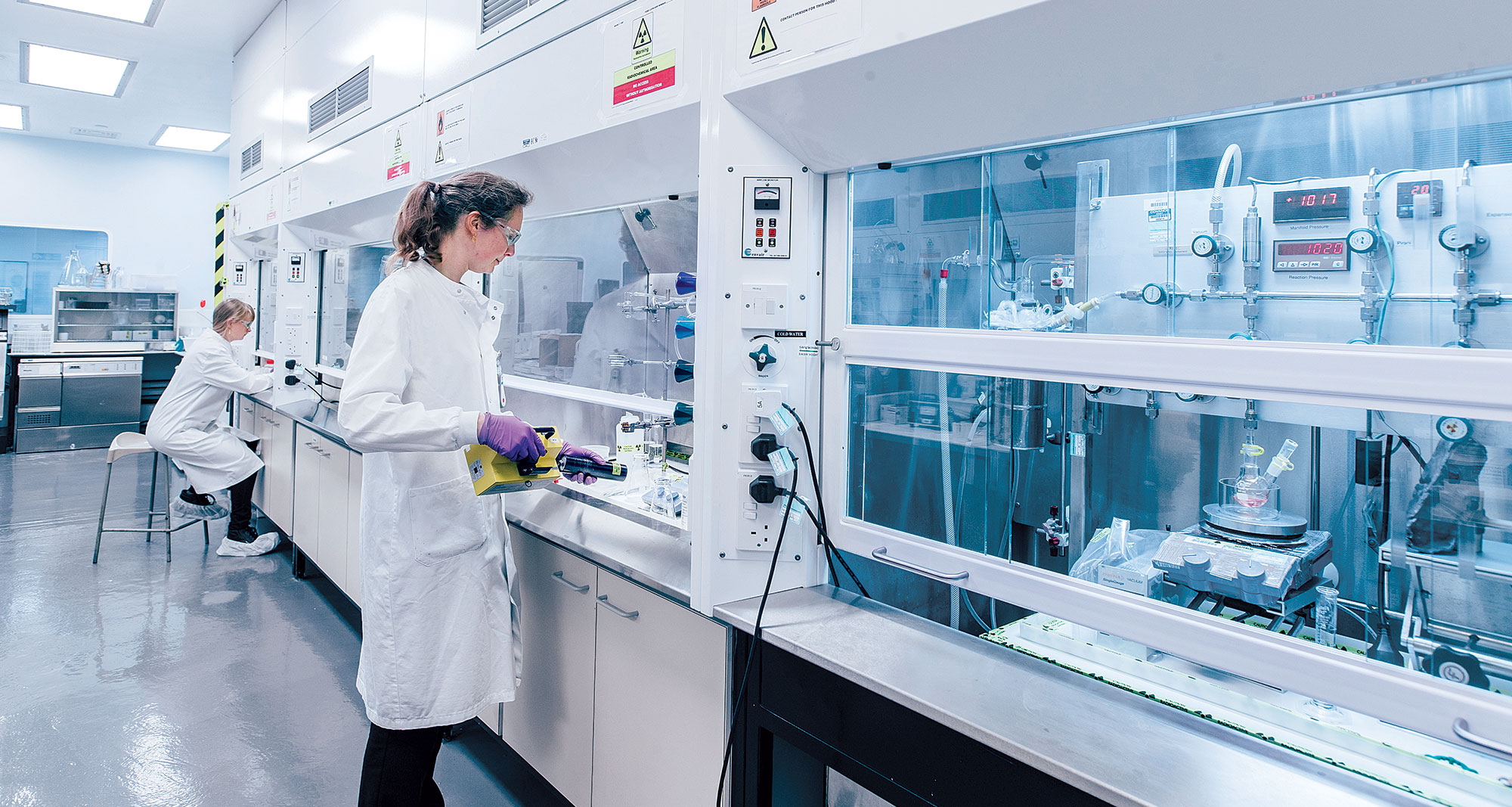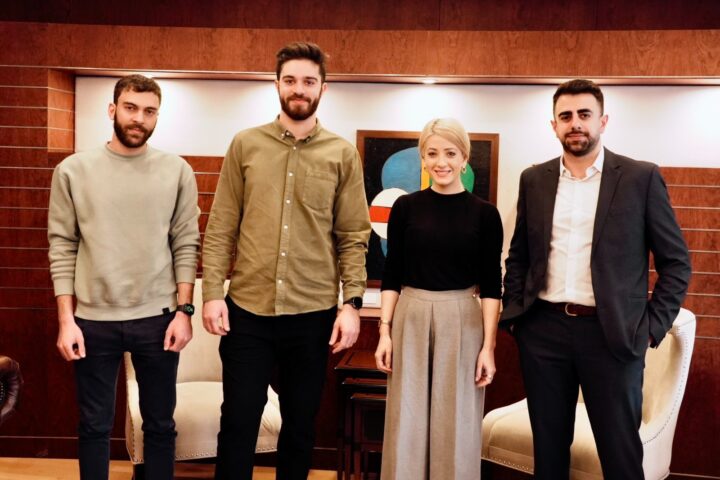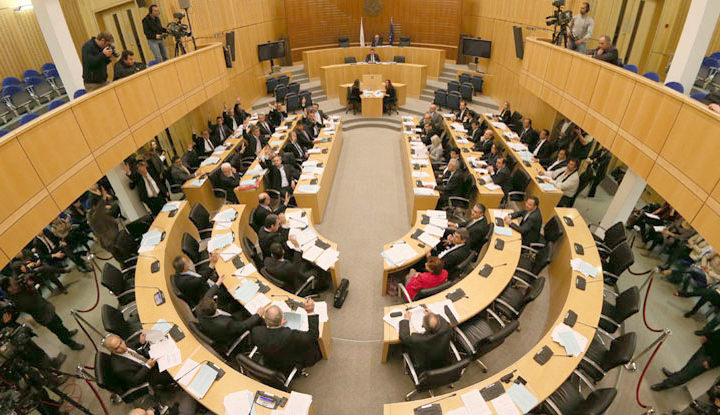Despite a minor increase in expenditure in scientific research and experimental development, Cyprus is still third from bottom in the EU R&D league table, just above Malta and Romania.
Total R & D expenditure in Cyprus in 2018 is estimated at €133.1 mln which is 0.63% of Gross Domestic Product, compared to €110.2 mln or 0.55% of the GDP in 2017, according to Cyprus Statistical Services.
Despite the increase in R&D expenditure in 2018 compared to 2017, the share of GDP Cyprus devoted to R&D activities continues to be low compared to other countries while still being far from the EU average of 2.12%.
It ranges from 0.50% in Romania to 3.32% in Sweden.
Neighbouring Israel invests some €18.6 bln in R&D, equivalent to 4.9% of its GDP.
Cyprus exhibited one of the highest average annual growth rates in R&D expenditure, at 10.39% over the period 1998-2018, however, this was not enough to play catch-up with the rest of the bloc.
The vast majority of investment made in R&D in Cyprus was by the private sector with the state having the lowest contribution in advancing research and development in Cyprus.
By sector of performance, business enterprises accounted in 2018 for €53.9 mln or 40.5% of total R & D expenditure, higher education institutions for €53.4 mln or 40.1%, private non-profit institutions had €14.7 mln or 11.0% and the government invested €11.1 mln or 8.4%. compared with shares of 37.1%. 41.2%. 11.7% and 10% respectively in 2017.
In the business enterprise sector, information and communication constituted the principal source of R & D activity with a total expenditure of €28.3 mln while the manufacturing industry (especially basic pharmaceutical products, computers, electronic and optical products) with €19.7 mln.
About 18.4% of R & D activity was financed from government funds (€24.5 mln) compared with €21.9 mln or 19.9% in 2017 while €20.5 mln was drawn from the budget of state universities and €34.4 mln from overseas sources (including EU funds).
Around of €53.7 mln or 40.3% of the total constituted the contribution of the private sector.
The biggest part of R & D expenditure was devoted to the natural sciences (€58.0 mln) while engineering and technology absorbed €37.1 mln, social sciences €18.2 mln, medical sciences €7.4 mln, agricultural sciences €6.6 mln and humanities €5.8 mln.
The number of people engaged in R & D activities in 2018 stood at 3,754 from 3,320 in 2017.
In full-time equivalent terms, this number is estimated at 1,826 of which 707 or 38.7% were women and 34.4% were PhD degree holders.










